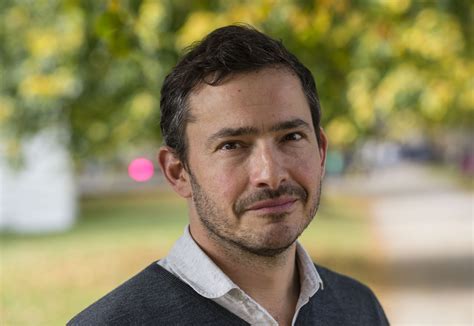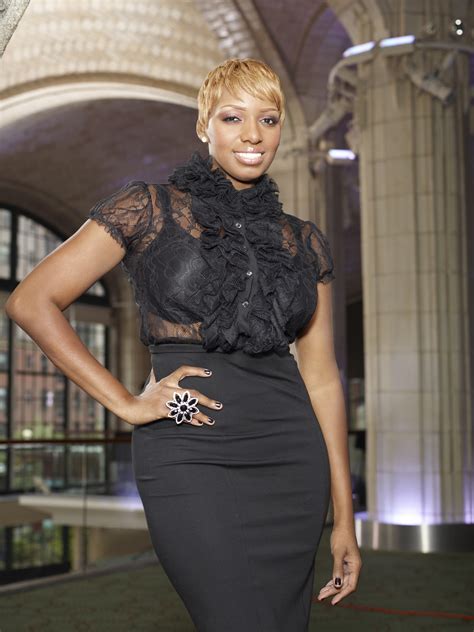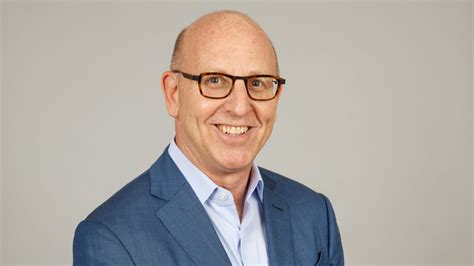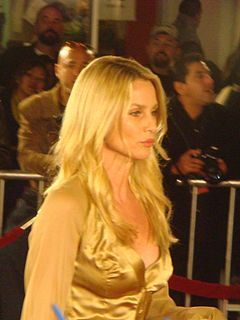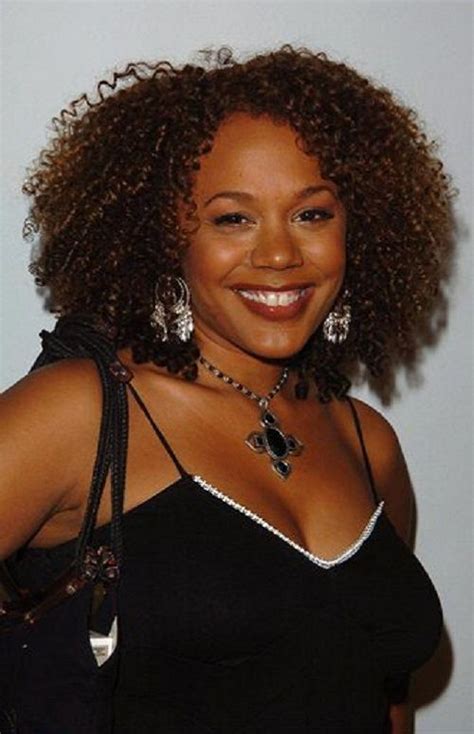A Quote by David Hume
It is more rational to suspect knavery and folly than to discount, at a stroke, everything that past experience has taught me about the way things actually work
Related Quotes
I think there in a great deal to be said for religious education in the sense of teaching about religion and biblical literacy. Both those things, by the way, I suspect will prepare a child to give up religion. If you are taught comparative religion, you are more likely to realise that there are other religions than the one you have been brought up in. And if you are if you are taught to read the bible, I can think of almost nothing more calculated to turn you off religion.
Cancer taught me a plan for more purposeful living, and that in turn taught me how to train and to win more purposefully. It taught me that pain has a reason, and that sometimes the experience of losing things-whether health or a car or an old sense of self-has its own value in the scheme of life. Pain and loss are great enhancers.
It's all emotion. But there's nothing wrong with emotion. When we are in love, we are not rational; we are emotional. When we are on vacation, we are not rational; we are emotional. When we are happy, we are not [rational]. In fact, in more cases than not, when we are rational, we're actually unhappy. Emotion is good; passion is good. Being into what we're into, provided that it's a healthy pursuit, it's a good thing.
I suspect the reason is that most people [...] have a residue of feeling that Darwinian evolution isn't quite big enough to explain everything about life. All I can say as a biologist is that the feeling disappears progressively the more you read about and study what is known about life and evolution. I want to add one thing more. The more you understand the significance of evolution, the more you are pushed away from the agnostic position and towards atheism. Complex, statistically improbable things are by their nature more difficult to explain than simple, statistically probable things.
As I get older I find myself thinking about stories more and more before I work so that by the time I eventually sit down to write them, I know more or less how it's going to look, start or feel. Once I do actually set pencil to paper, though, everything changes and I end up erasing, redrawing and rewriting more than I keep. Once a picture is on the page I think of about ten things that never would have occurred to me otherwise. Then when I think of the strip at other odd times during the day, it's a completely different thing than it was before I started.



